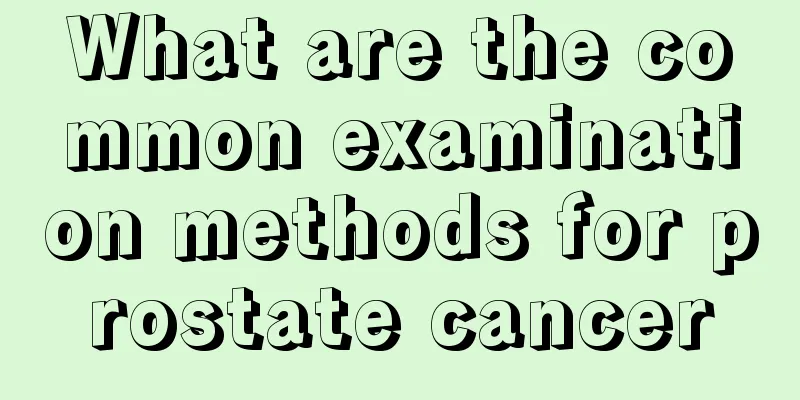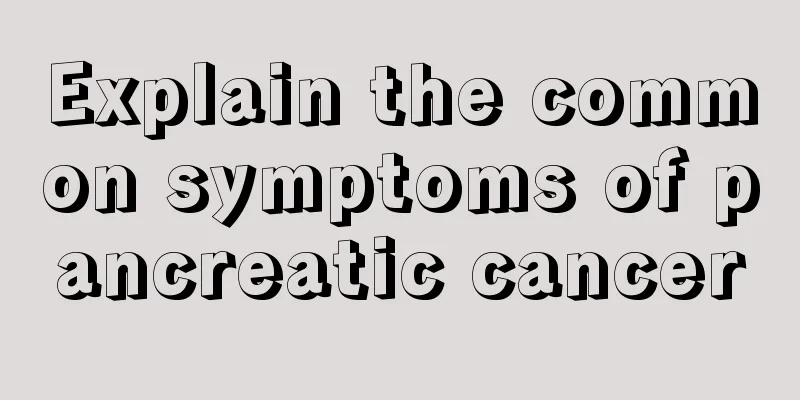How to treat left ethmoid sinus osteoma

|
The treatment of left ethmoid sinus osteoma is mainly individualized based on the size of the tumor, the severity of symptoms and the patient's health status. Common treatment methods include observation and follow-up, surgical resection and postoperative rehabilitation management. 1. Observation and follow-up If the left ethmoid sinus osteoma is small, grows slowly, and has no obvious symptoms, observation and follow-up can be chosen. In this case, the doctor will regularly arrange for the patient to undergo imaging examinations such as CT or MRI to monitor changes in the tumor. For patients with asymptomatic osteoma, it is also very important to maintain good living habits, such as reducing nasal contamination and avoiding strenuous exercise that causes head impact. 2. Surgical resection When a bone tumor causes significant symptoms such as nasal congestion, headaches, or impaired vision, or when the tumor is growing rapidly, surgical removal is the best treatment option. Endonasal endoscopic surgery: This is the most commonly used method. The surgery is performed through the nasal cavity, with less trauma and faster recovery. It is suitable for smaller bone tumors. Open surgical resection: Suitable for deep or large bone tumors, usually removed through a craniotomy or facial incision. Navigation-assisted surgery: To improve precision, some centers use navigation equipment to avoid damaging important structures. Postoperative care is critical. Patients need to follow their doctor's instructions to use antibiotics, nasal rinses, and anti-inflammatory medications to reduce the risk of infection and help tissue recovery. 3. Postoperative rehabilitation management During the postoperative recovery period, you need to pay attention to your diet and lifestyle habits. Dietary adjustments: Eat more foods rich in vitamins A and C, such as carrots and citrus fruits, to promote the repair of nasal mucosa; avoid spicy and irritating foods. Head care: Avoid lowering your head or doing strenuous exercise to avoid increasing the burden on your nasal cavity. Regular follow-up: Regular imaging examinations are still required after surgery to determine whether the bone tumor has recurred. Timely intervention is the key to treating left ethmoid sinus osteoma. Whether choosing observation or surgery, the specific plan must be combined with the actual situation of the patient and carried out under the guidance of a professional doctor. Regular follow-up and adjustment of lifestyle habits after treatment can effectively reduce the risk of recurrence and ensure the long-term health of the patient. |
>>: Bladder leakage in late stage of cervical cancer
Recommend
What does the color after scraping represent?
Many people like scraping. Scraping is not a rare...
The dangers of high reactive protein
Reactive proteins belong to our body's immune...
There is water in the belly button and it smells bad
The belly button can also determine the health st...
What is the reason for low-grade fever and vomiting
Vomiting is a common phenomenon in life. Vomiting...
What is the function of the gallbladder? Physiological functions of the gallbladder
In fact, many people do not understand the role o...
How long after a meal can I soak my feet?
Foot soaking is a new way of health preservation....
What tests can detect ovarian cancer
Ovarian cancer is a type of gynecological maligna...
What is a spa
Everyone must have heard of spa, and many people ...
What's the matter with all the pimples on my back
Some people have acne on their skin due to many r...
Will a pituitary tumor shorten life?
When it comes to cancer, everyone is afraid of it...
Lose 20 pounds quickly in one month
Many people stumble and fail repeatedly on the ro...
What is the best way to remove the smoke from moxibustion at home?
Moxibustion is a relatively traditional medical te...
The advantages and disadvantages of lunch break
I believe that many people have the habit of taki...
What else is there to check the throat besides laryngoscope
The human throat is an important organ and passag...
What are the treatments for arterial occlusion
Arterial occlusion is a common disease. Patients ...









